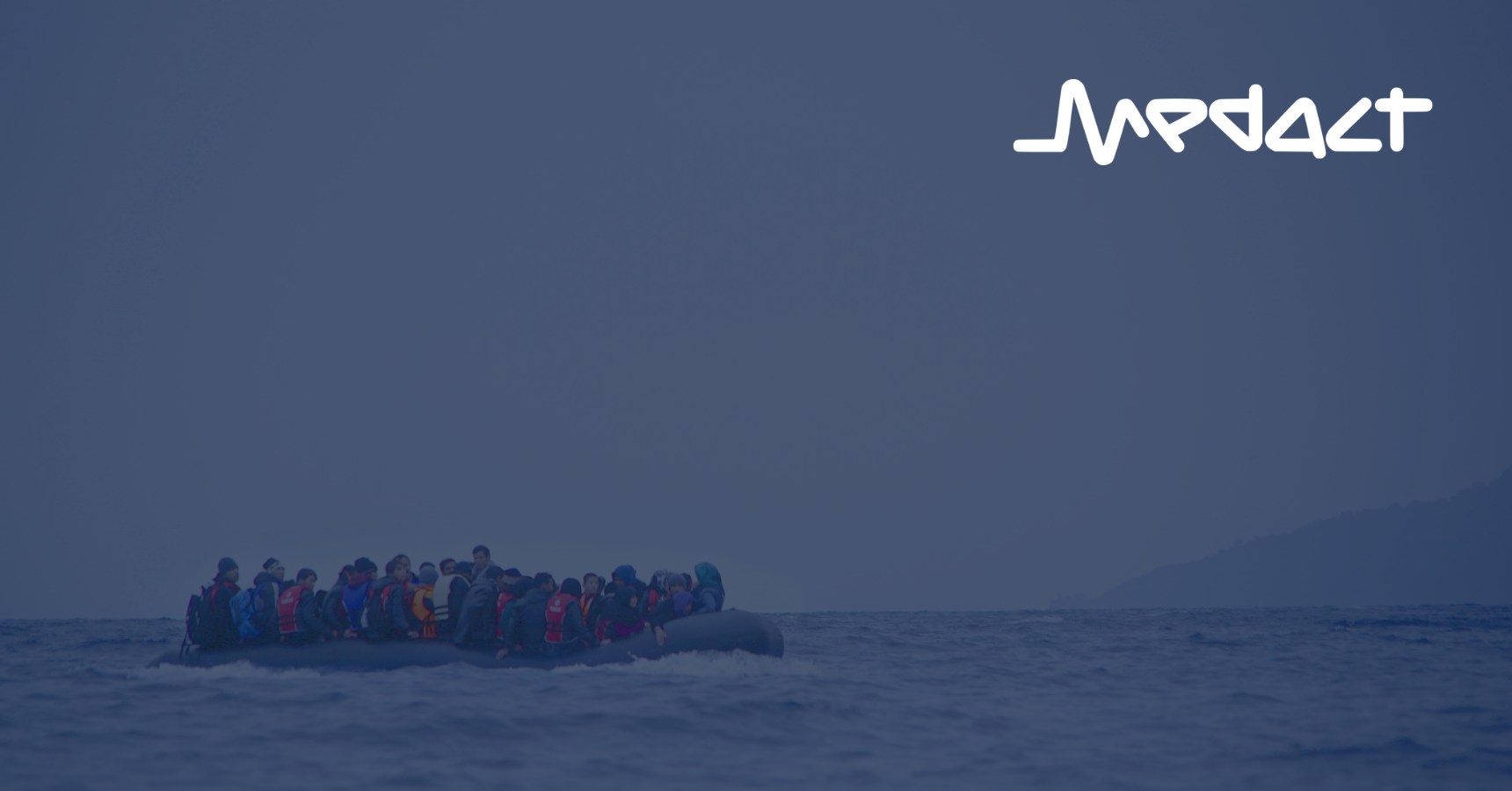
Borders are not inevitable. They are deliberate mechanisms of violence imposed on communities deemed disposable by state powers.
Just this past month, as the UK government pledged to detain and deport people who arrive on small boats back to France, the EU proposed an €81 billion investment in border security measures, including funding Frontex – an agency with a documented history of human rights abuses. This comes against the backdrop of global violence at borders, including a boat capsizing off the coast of Yemen, which killed at least 68 people and a spike in far-right attacks on asylum accommodation centres and hotels across England.
Meanwhile, Greece’s new migration minister announced the suspension of the right to claim asylum for those arriving in Crete and the automatic detention of people arriving, many of whom are unaccompanied boys from Sudan. These disturbing actions highlight the ongoing violence and dehumanisation at European borders.
Throughout 2024, 2,452 people died in the Mediterranean sea, while at least 82, including 14 children, died trying to cross the increasingly policed and securitised UK–France border. Whilst the news of deadly violence of borders comes to us from different corners of the world, all of these stories expose the choices states are making to enforce borders.
The new UK-France agreement
On the 5th August, the UK government announced that its ‘one-in, one-out’ pilot policy was coming into force. This means that those arriving on small boats from France, or those rescued at sea and brought to the UK, can be detained immediately on arrival and forcibly deported to France. The deportation request has to be made by the government within the first 14 days of someone arriving in the UK.
The government has said they are ready to start implementing the practicalities of this new deal, including detaining people on arrival. Spaces at the immigration removal centre have already been set-aside.
The UK Prime Minister’s description of these new measures as the result of months of “grown-up diplomacy” sits in stark contrast to the reality of such policies – the reality that these policies have killed and will continue to kill people. There is nothing new or groundbreaking about these xenophobic measures. It’s the same racism and violence packaged up in a new skin.
The outsourcing of borders
Bordering practices are powered by racial capitalism. The UK–France agreement is accompanied by a further £100 million fund from the UK government. This is off the back of an already agreed-on sum of £476 million over three years between 2023 and 2026, and the £232 million spent on border security measures in northern France between 2014 and 2024. Borders are a lucrative business and companies like Serco, Mitie and Clearsprings are extracting millions out of the violence weaponised against those crossing on small boats and forcing them to live in unlivable hotels.
Beyond the UK–France border, the EU’s recent proposal to fund Frontex is egregious. The funding of Frontex and million-pound deals with the Libyan coastguard and Tunisan government reflect the UK and EU’s attempt to outsource border controls, at the cost of widespread torture, forced labour, sexual assault, disappearance and death for the people trying to cross them. It’s hard to convey with words the reality of these borders. They are marred with immense grief, loss and pain.
Borders kill. The UK’s new policy will continue to make the UK-France border even more deadly and it will continue to sow hate and division within communities suffering under austerity measures. Because of this we need more than safe routes. We need the wholesale dismantling of border regimes and the systems of imperialism and racial capitalism that uphold them. Nothing less than this will bring our liberation.
Resistance and the struggle for liberation
In the face of state machines so intent on killing our communities, and the rising far-right whose racism is legitimised and fuelled by state power, we are continuing to resist together as we have resisted for hundreds of years.
We are resisting by sharing food with each other.
We are resisting outside hotels.
We are resisting by monitoring alarm phones.
We are resisting through community self-defence.
We are resisting by campaigning to free the boys in Greek prisons and Ibrahima Bah who survived a Channel shipwreck as a teenager.
We are resisting through providing shelter to friends and stopping deportations.
We are resisting through mutual aid networks, caring for our comrades and bearing witness to state violence.
Our resistance is born from the belief that a world without borders is possible and that it is grounded in a deep, abundant and militant love. A love that holds rage. A love that knows no exceptions and expects no returns. A love that knows that none of us is free, until all of us are free.
This loving resistance will win our liberated world, a world with no borders, no police and no prisons. A world where we keep our communities safe and resources are generously shared. A world in which it is our relationships to community, rather than capital, that influence how we live.
The struggle is long, but it is essential. It is fueled by the understanding that our liberation is bound together, and that those in power will never fully grasp the strength of our collective love.
A few communities of resistance:
- Alarm Phone have a hotline to sound the alarm for people in distress at sea
- Action Against Detention and Deportation will be releasing translated information sheets regarding this new policy
- Mataris Sudan Solidarity Committee is supporting many of the boys imprisoned in Greece
- Solidarity Detainee Support work in solidarity with migrants in and outside detention centres
- Medact and Patients not Passports groups can be a political home for your resistance
For a detailed breakdown about what we know about the UK–France ‘one in, one out’ small boats agreement read Greater Manchester Immigration Aid Unit’s briefing.
